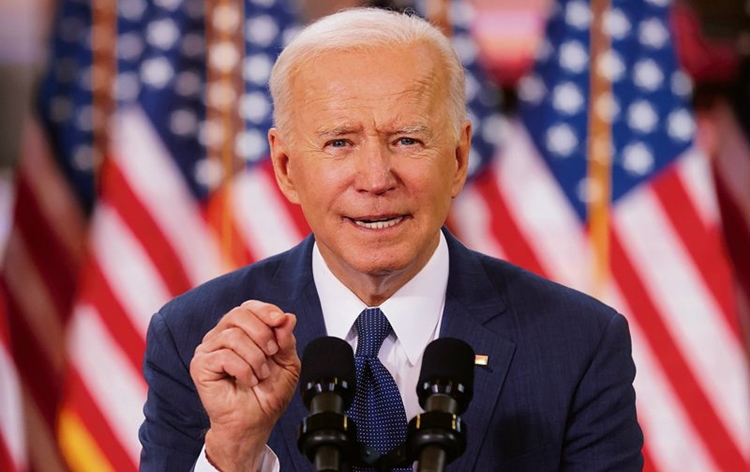On March 14, US President Joe Biden gave final approval to the $8 billion Willow Oil Project in Alaska, which is expected to produce 180,000 barrels a day at its peak and account for 1.5% of current US oil production.
The project is controversial because various environmental groups have filed a lawsuit against the US Interior Department, claiming that the project will cause harm to Arctic communities, public health, wildlife, and the climate.
They have filed a lawsuit against the US Interior Department for approving the project on public lands on the north coast of Alaska, claiming that it will cause harm to Arctic communities, public health, wildlife, and the climate.
By the Biden administration’s estimates, the Willow Oil Project would generate enough oil to release 9.2 million metric tons of planet-warming carbon pollution a year. This is equivalent to adding 2 million gas-powered cars to the roads.
How it affects Nigeria: The approval of the Willow Oil Project highlights the need for African countries to explore all available energy resources, including oil, gas, coal, solar, wind, and geothermal, to address energy poverty, create energy-related jobs, and become more energy secure. African countries, including Nigeria, should still prioritize their energy transition goals.
One reason is that Africa has the lowest carbon emissions per capita of any region, and Nigeria’s carbon emissions are relatively low compared to other oil-producing countries. However, Nigeria still faces significant energy poverty, with an estimated 85 million people lacking access to electricity.
Recently, the Nigerian National Petroleum Company (NNPC) Limited said it will use Nigeria’s natural gas to alleviate energy poverty.
What Nigeria should do: To address energy poverty and create energy-related jobs, African countries must explore all available energy resources, including oil, gas, coal, solar, wind, and geothermal. Providing universal access to electricity alone by 2030 could generate around 1.8 million jobs across the continent, according to the International Energy Agency (IEA).
Moreover, if Nigeria wants to industrialize, it will need natural gas. Renewable energy, which Nigeria has been encouraged to adopt, is not yet 100% sustainable, so natural gas will be required to develop and sustain Nigeria’s industrialization drive, according to the African Development Bank (AfDB). In its November 2022 African Industrialization Index, the AfDB noted that Nigeria is ready for industrialization if the country tackles challenges associated with tariff policy and infrastructure.
Finally, developed countries have largely ignored climate equity principles by continuing to explore fossil fuels and failing to provide climate financing to developing countries like Nigeria. Climate equity principles imply that developed countries should provide financial and technological assistance to developing countries to help them transition to low-carbon energy systems.
Only 25% of the $79.6 billion of climate finance provided and mobilized by developed countries in 2019 was for adaptation, while the United Nations Environment Program estimates that adaptation finance in developing nations needs to reach at least $70 billion per year between 2020 and 2030.
The approval of the Willow Oil Project in Alaska highlights the need for African countries, including Nigeria, to prioritize their energy transition goals to address energy poverty, create energy-related jobs, and become more energy secure, while also promoting climate equity principles.
What you should know: The United Kingdom also approved a coal project in December 2022. The government said the coal would be used for steel production. When one considers the fact that the UK which is more energy secure than Nigeria, pursued a coal project despite its climate targets, it seems foolhardy that Nigeria should not make use of her coal deposits in Enugu state.
